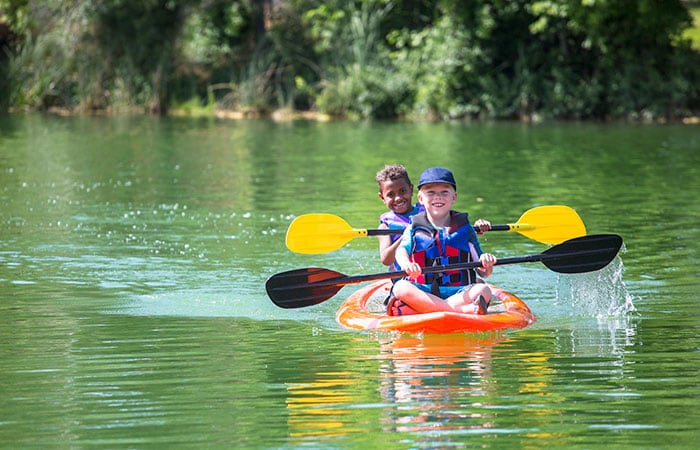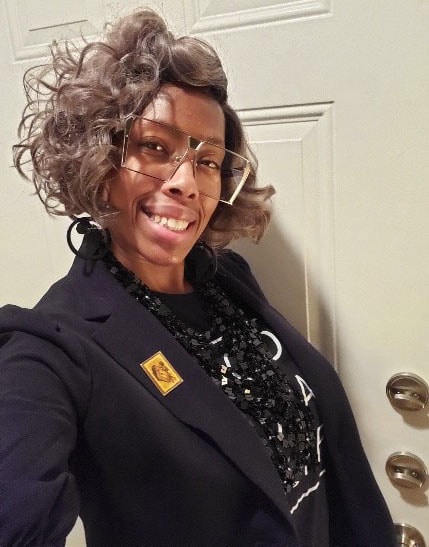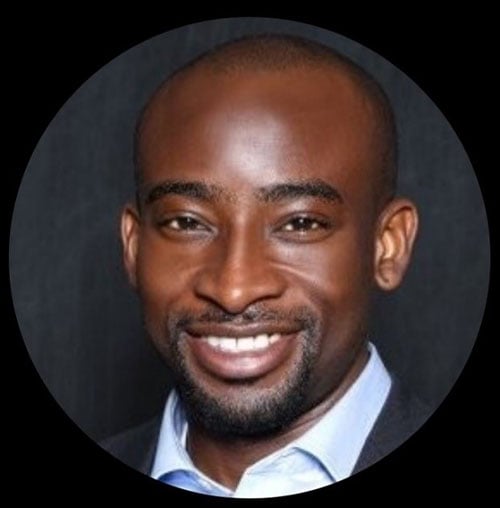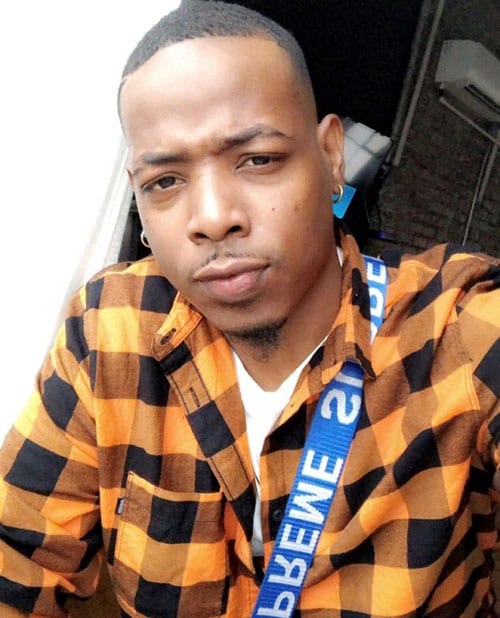Summer Camp, A Place Where A Kid Can Just Be A Kid… Even If He Or She Has Sickle Cell Disease

Summer camp can positively affect any child’s mental and physical health, but perhaps even more so if the child lives with a chronic medical condition such as sickle cell disease (SCD). For these children, the summer camp experience can provide support and education and reduce the social isolation so often experienced by those with a challenging health condition. Attending sickle cell camp provides an opportunity for children to experience a variety of fun activities under the direction of healthcare professionals knowledgeable about SCD and its treatment. Moreover, sickle cell camp gives children a chance to develop relationships, talk about their experiences, ask questions, and learn more about their condition.
Will camps be open this year?
In an effort to keep the health and safety of all campers, families, staff, and volunteers a top priority, many camps may be held virtually this summer; other camps may be canceled. To find out if your favorite camps will be held in person or virtually, be sure to check their websites.
Are virtual camps still worth the experience?
Virtual camps still offer many traditional camp activities, which are just delivered differently now. Camp staff have learned a lot from virtual camps held last year and have been working hard to deliver all the qualities children love about traditional camps through a fun, online experience. Virtual camps offer safe and accessible ways for kids to meet new friends, connect with counselors, challenge themselves with new activities, introduce their families to camp traditions, and truly shine—wherever they might be.
Why consider sickle cell camp?
Learn from three people with sickle cell disease who also worked at a sickle cell camp.

Alissia Cofer is a former camp director at Camp Cell-A-Bration, a free, week-long camp in Burton, TX, for children aged 6–14 with SCD. Alissia is no stranger to camp. In fact, her participation at Hole in the Wall Gang Camp in Ashford, CT, as a child is primarily what inspired her to work at camp herself. Becoming a camp director allowed her to better connect with kids with SCD and to give back to the sickle cell community. “Becoming a camp director allowed me to give them (the campers) what I had growing up. They were all my babies, and I was responsible for them. I knew them all by name, and I knew their parents. When I saw their faces lighting up, I knew that I was doing what I was supposed to do,” said Alissia. Read more of Alissia’s story to learn why camp is so beneficial for youth with sickle cell.

As a young boy growing up with sickle beta zero thalassemia (or HbS beta0-thalassemia, one type of SCD), Phillip Okwo was a camper himself. He started going to camp in San Juan Capistrano, CA, when he was just 6 years old. “Camp was a place I could go where I never felt alone. I was no longer the black sheep in my family. It was a way of just feeling normal. There were other people there who have sickle cell like me, some who went to the hospital more than me and some who went less often. The whole spectrum of care was represented. I learned self-efficacy skills in understanding my diagnosis and general life and survival skills as well,” Phillip said. When he was too old for the program, he decided to come back as a camp counselor. “I had a cabin full of 8-year-olds and they wore us (me and my co-counselor) out. We didn’t get a lot of sleep, but it was a labor of love,” he said. Read more of Phillip’s story to learn the many ways camp helps support young people living with sickle cell disease.

Each year, Blaze Eppinger, who works for the Sickle Cell Foundation of Georgia and is a strong supporter of those living with sickle cell disease, works as both a camp registrar and camp counselor for Camp New Hope. Camp New Hope is a 7-day, 6-night residential camp for children aged 7–17 years with sickle cell disease at Rock Eagle 4-H Center in Eatonton, Georgia. Camp takes place every July and is staffed by counselors, many of whom, like Blaze, have sickle cell disease themselves.
According to Blaze, he never got a chance to attend camp as a child, but after learning about camp from his friend Sean, he was inspired to become a camp counselor. “The best part about being a camp counselor is being able to interact with the children. Being able to encourage them, lift them up, and have them be able to see their future self in me,” Blaze says. Read more of Blazes’ story to learn more about the fun activities and educational programs camp has to offer and find out what Blaze thinks is the best part about being a camp counselor.
Find a camp near you
Below are a few sickle cell camps located across the country. Find one in your area and consider registering your child today!
Northeast (PA, NJ, CT, RI, MA, VT, NY, VT, NH, ME)
The Hole in the Wall Gang Camp – Ashford, CT
Brainy Camp – Washington, DC
Piedmont Health Services and Sickle Cell Agency’s Summer Enrichment Camp – Greensboro, NC
Double H Ranch – Lake Luzerne, NY
Camp AmeriKids – Monticello, NY
Dragonfly Forest – Dingman’s Ferry, PA
South (TX, OK, AR, LA, MS, AL, GA, FL, TN, KY, WV, VA, MD, DE, NC, SC)
Camp Boggy Creek – Eustis, FL
Camp New Hope – Eatonton, GA
Camp Cell-A-Bration – Burton, TX
Camp Holiday Trail – Charlottesville, VA
Super Campers Always – St. George, VA
Midwest (IL, IN, IA, KS, MI, MN, MS, MO, NE, ND, OH, SD, WI)
North Star Reach Camp – Pinckney, MI
Camp Rainbow – Wildwood, MO
Camp Silvermoon – Indianapolis, IN
West (WA, OR, CA, NV, ID, MT, WY, UT, CO, AZ, NM, AK)
Camp Crescent Moon – Pacific Palisades, CA
Metropolitan Seattle Sickle Cell Task Force’s Camp Burton Sickle Cell Summer Camp – Seattle, WA
For additional information, use this website: NeedyMeds Retreats, Camps & Recreational Programs
